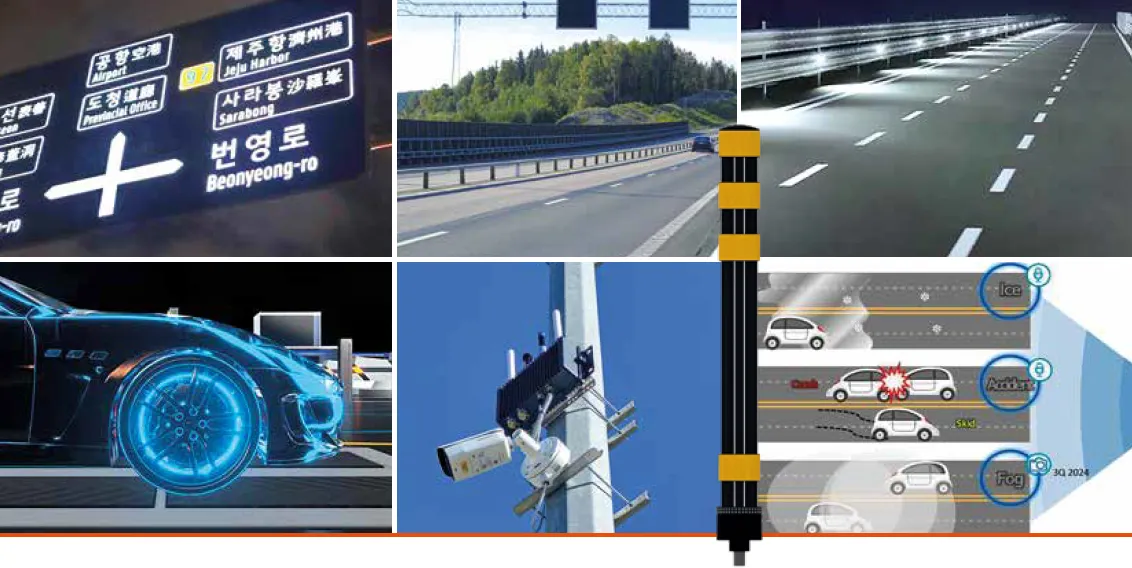
Small is big news on the
With One-watt technology the use of 24V LEDs and digital driver modules has eliminated the need for load resistors and switching elements and means a complete signal head may require only one or two Watts to operate.
This provides huge benefits as a large city like Berlin can avoid some 2,000 tons of carbon emissions and save €500,000 in energy costs every year.
In cities still using conventional filament bulbs in their traffic lights, the potential savings are significantly higher and according to Siemens One-Watt technology traffic signals will typically pay for themselves in less than five years.
Furthermore, Siemens said its LED signals retain full light intensity and also reduce service costs and it monitors voltage, current and the luminosity of the LED units, adding that may become possible to predict when LED units will fail so enable preventative maintenance.
The first One-Watt pilot projects are running in Bolzano, Italy and in Bietigheim-Bissingen near Stuttgart in Southern Germany.








